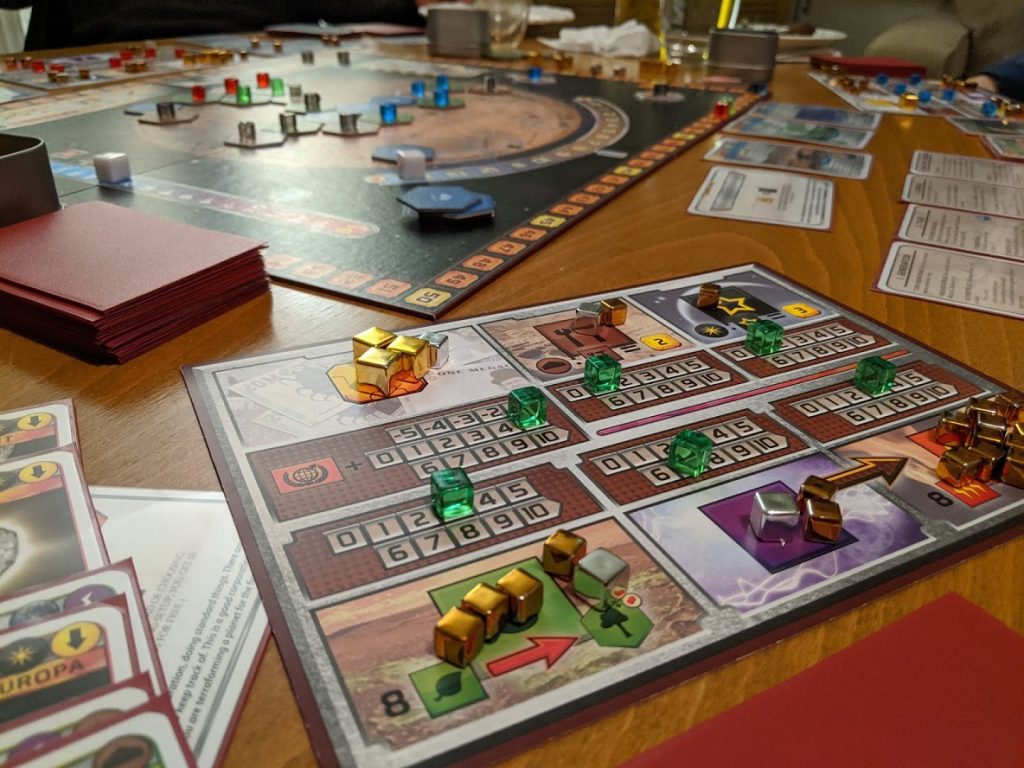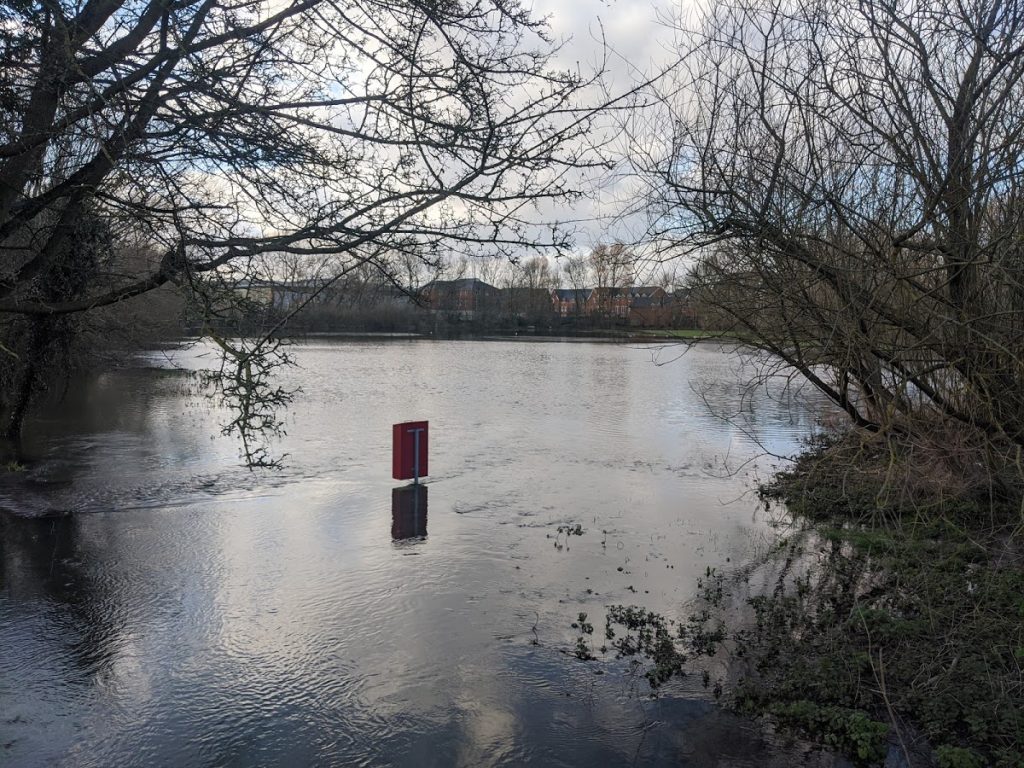It has been an intense week. I am in the lab most waking hours working on COVID-19 projects. To make consecutive long days viable, I prioritise hard exercise in down time as I find it helps keep my health (physical and mental) in a good place. My efforts are only possible because the team at ONI is so supportive, be they working beside me at the bench, in the machine shop on the other side of the building, or coordinating supplies from home. It has been exhilarating to be part of a sudden surge in scientific effort, and I have found the wider scientific community to be universally selfless in their willingness to help.
Things to share this week
COVID-19
Again the media is dominated by discussion of the pandemic. I feel torn about adding to that noise, but my thoughts are now focused on that topic and primarily this blog is where I share what I am thinking about. I continue to be concerned that major media outlets, driven by the need to sell advertising clicks, are tasking journalists without the right medical literacy to create content without much consideration for how useful that content is. My suggestion remains: read from sources that specialise in the area, ignore conventional news coverage of the pandemic.
A starting point: WHO Coronavirus Homepage
Check with your local health services: US CDC, European CDC, UK NHS, Australia Department of Health.
Journals for in depth scientific content: The Lancet, The New England Journal of Medicine, BMJ, and Nature.
My (uninformed) thoughts
In Week 11 I was not worried. In Week 12 I was hit by exponential whiplash. My resolve is being tested as governments take economies into lock down and hospitals become overrun. In my note on death I commented that although only 5000 had died at the time of writing, the final toll would likely be in the millions. I take no joy in that prospect and I hope I will be proven wrong. That said, I also feel that stating “millions will die” without the context of the millions who already die each year incites fear beyond the reality of the situation. I stand by the importance of seeing this crisis in the context of others happening simultaneously, e.g. climate change, tropical disease, and obesity. We humans have an incredible power to see into the future, but such a limited desire to take the actions the future tasks us with. This pandemic makes me feel that only when the danger is close in space and time are we spurred to act, and this is something I wish I could change.
Collaboration
Nature is running a podcast “Coronapod” and the sentiments from the start of this week’s post are echoed about 15 minutes in; scientists are coming together to help each other.
Hoarding
There are reports that the UK is holding £1bn in food that was purchased as the COVID-19 situation became serious. While that is enough to leave me seeing shortages of flour and dry pasta on shelves, a quick division makes that number £15 per person, which means only a little extra spending over a week of “stocking up” can push the complex supply chain of fast moving consumer goods beyond its limits. This small change in perspective makes me feel less frustrated; an average family doubling up on their weekly shop seems foolish but understandable, compared with imagining panicked people filling their cars with pasta and toilet paper. Especially in Britain (where baking is a hobby as much as a source of nutrition) flour stocks could easily sell out as people newly working from home find the opportunity to bake. Furthermore, knowing that the system is tuned so finely to match regular demand makes me feel there is less waste than I had previously intuited. (Side note; in googling for articles on this I came across this guide to how supermarkets nudge you to spend more).











